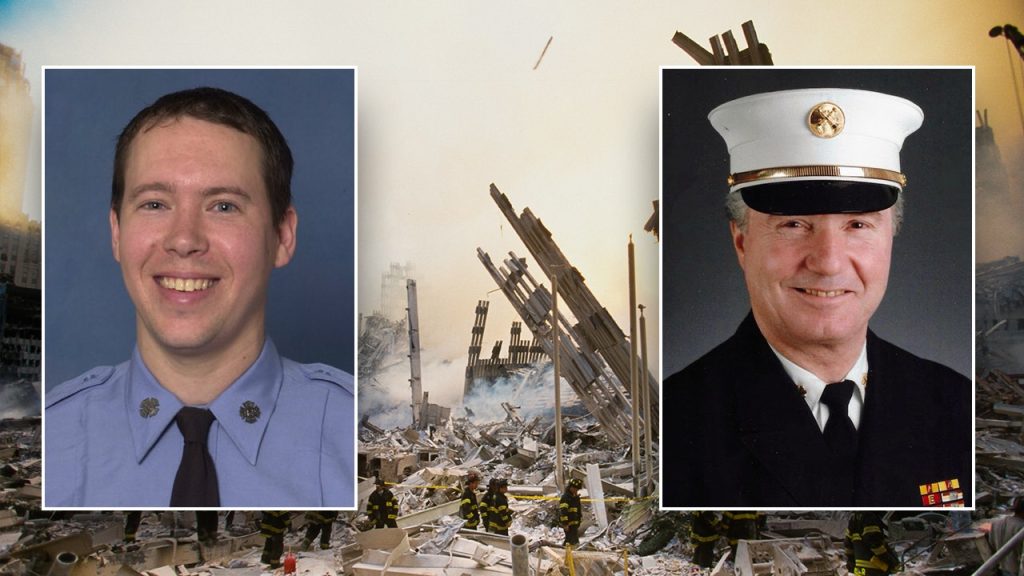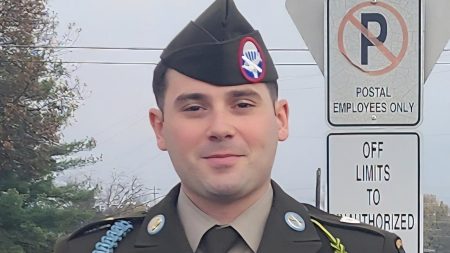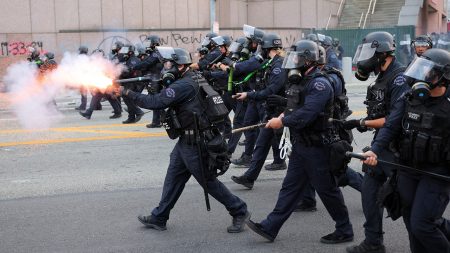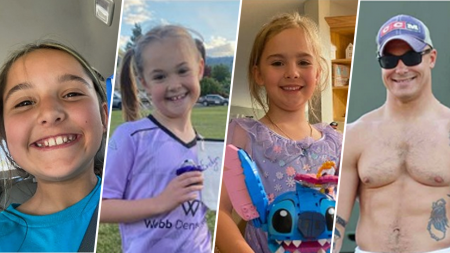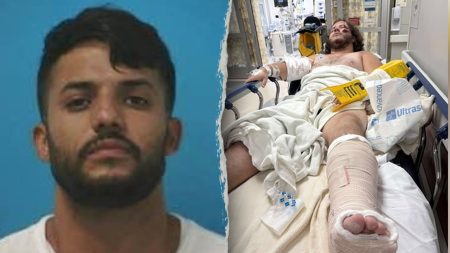The somber toll of 9/11 continues to rise, extending its grasp far beyond the immediate devastation of that tragic day. Two more names have been added to the ever-growing list of heroes lost to 9/11-related illnesses: firefighter Thomas Dunn and retired Battalion Chief Dennis Collopy. Their deaths serve as a stark reminder of the long-term health consequences faced by those who bravely responded to the terrorist attacks, and underscore the urgent need for continued support and resources for these individuals and their families. The Uniformed Firefighters Association confirmed both deaths, highlighting the ongoing struggle with World Trade Center-related illnesses that have now claimed the lives of over 370 firefighters. This tragic milestone coincides with a substantial financial shortfall in the World Trade Center Health Program, further emphasizing the critical need for continued funding to ensure proper care for those who selflessly served.
Thomas Dunn, a firefighter with Engine 234 in Brooklyn, succumbed to a 9/11-related illness, leaving behind a grieving family that had already endured the devastating loss of his brother, firefighter Jimmy Dunn, eight years prior. Dunn’s colleagues remember him not only for his dedication and bravery, but also for his composure and professionalism, even as a recent academy graduate amidst the chaos of the collapsing South Tower. Accounts from that day depict Dunn aiding those in need even as debris continued to rain down, a testament to his unwavering commitment to service and his indomitable spirit. A private service was held in Florida to honor Dunn’s life and sacrifice.
Retired Battalion Chief Dennis Collopy, a 36-year veteran of the FDNY and a U.S. Army veteran, also lost his battle with 9/11-related cancer. Collopy’s distinguished career and dedicated service to both his country and his community were widely acknowledged by colleagues and friends who expressed their condolences and gratitude. He leaves behind a legacy of bravery and selflessness, mourned by his wife of 60 years, two daughters, and four grandsons. A funeral mass was held in West Nyack, New York, where he resided, to commemorate Collopy’s life and honor his contributions.
The deaths of Dunn and Collopy bring the total number of firefighters who have succumbed to 9/11-related illnesses to over 370, a grim statistic that continues to climb. The toxic dust cloud that enveloped Lower Manhattan following the collapse of the Twin Towers contained a lethal cocktail of pulverized building materials, asbestos, silica, metals, and concrete. Exposure to this hazardous mixture has resulted in a wide array of health issues for first responders, including various cancers, respiratory diseases, and mental health conditions.
The range of illnesses linked to 9/11 exposure is extensive, encompassing respiratory ailments like asthma and chronic respiratory disease, gastrointestinal issues such as GERD, and a devastating array of cancers, including liver and laryngeal cancer, as well as the aggressive and often fatal mesothelioma. Beyond the physical toll, many first responders also grapple with the invisible wounds of PTSD, a testament to the psychological trauma endured during and after the attacks. Musculoskeletal disorders further complicate the health landscape for these individuals, adding to the burden of physical pain and disability.
The ongoing health crisis among 9/11 first responders underscores the importance of the World Trade Center Health Program, which provides essential medical care and monitoring for those affected by the toxic exposure. However, the program faces a significant funding deficit, raising concerns about its ability to continue providing comprehensive services in the years to come. Advocates stress the critical need for sustained financial support to ensure that these heroes receive the care they deserve and that the program can continue to monitor and address the evolving health challenges faced by this vulnerable population. The deaths of Dunn and Collopy serve as a poignant reminder of the enduring impact of 9/11 and the unwavering need for continued support for those who risked their lives in the aftermath of this national tragedy. Their sacrifices should never be forgotten, and the nation must remain committed to providing the necessary resources to address the long-term health consequences faced by these brave individuals and their families.




